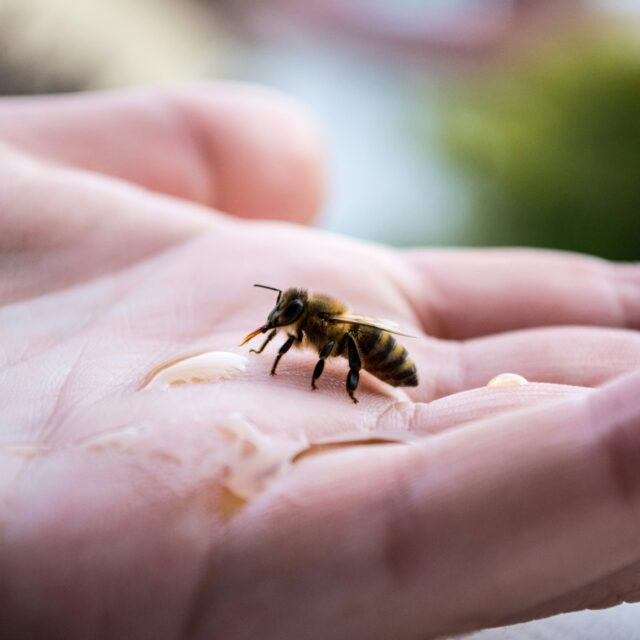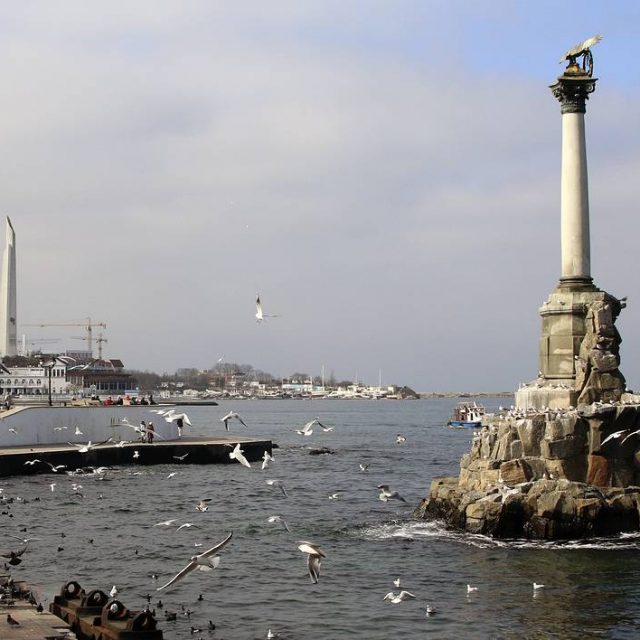Photo by Andrey Zaychuk on Unsplash
Ukraine’s power supply has suffered significant damage following a series of targeted missile and drone strikes on Ukrainian energy infrastructure by Russia over the past weeks,
Responding to this crisis, the EU has swiftly mobilised emergency energy assistance which is on its way to Ukraine.
Austria, Germany, Sweden and the Netherlands have offered 157 power generators in various sizes via the EU civil protection mechanism
To further strengthen Ukrainian energy infrastructure, the EU has also deployed 10 large capacity power generators (1MW) from its own strategic rescEU stockpiles, with a financial value of €3.57 million. Each of these powerful 1MW generators has the capacity to supply electricity to a medium-sized hospital under emergency conditions.
Commissioner for Crisis Management, Janez Lenarčič, said: “Russia’s plan to bomb Ukraine into darkness will not succeed. The EU is working around the clock to sustain power supply in Ukraine.”
“We are mobilising a new batch of generators to Ukraine from our rescEU reserves, which have already proved to be a critical tool in responding to urgent needs in war-torn Ukraine. This underscores the importance of preparedness in efficient crisis response. I also thank Austria, Germany, Sweden and the Netherlands for their immediate offers of generators to Ukraine via the EU Civil Protection Mechanism.”
The EU emergency response coordination centre is in close contact with the Ukrainian authorities on the ground to provide further aid as necessary.
Meanwhile, on Monday, the EU Parliament and Council reached a new provisional agreement on extending temporary trade measures for Ukraine.
MEPs and the Council presidency agreed on suspending import duties and quotas on Ukrainian agricultural exports to the EU for another year, until 5 June 2025, to support Ukraine amidst Russia’s continuing brutal war of aggression. These unilateral trade liberalisation measures will help stabilise the Ukrainian economy and facilitate the country’s gradual integration into the EU’s internal market.
Should there be significant disruption to the EU market or the markets of one or more EU countries due to Ukrainian imports, for instance wheat, the regulation ensures that the Commission can take swift action and impose any measures it deems necessary.
As part of reinforced safeguard measures to protect EU farmers, an emergency brake can be triggered for particularly sensitive agricultural products, namely poultry, eggs, sugar, oats, groats, maize, and honey. Negotiators agreed to extend the reference period used as a base for triggering this automatic safeguard, meaning that if imports of these products surpass the average of import volumes recorded in the second half of 2021, and all of 2022 and 2023, tariffs would be re-imposed. In addition, the Commission commits to step up its monitoring of imports of grain, in particular wheat.
The co-legislators also endorsed a commitment by the Commission to discuss permanent tariff liberalisation with Ukraine under the review process of the Association Agreement as soon as the legislative procedure on the temporary liberalisation is completed, and to keep the Parliament closely involved in the process.




